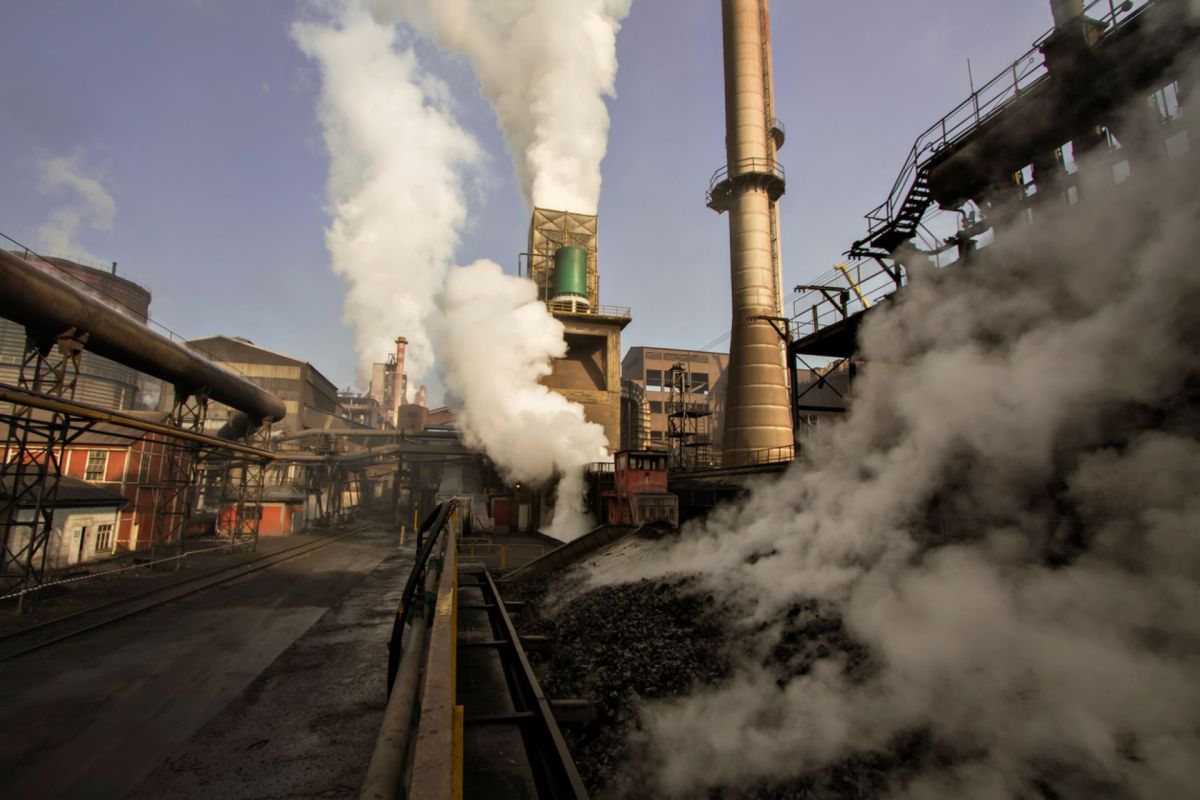The International Energy Agency (IEA) has released new data that suggests the "beginning of the end" for dirty fuel might have already begun.
In the wide-ranging World Energy Outlook report, IEA has studied nations' energy, climate, and industrial policies every year from 2019 until 2023 and estimated that global gas demand will decrease sharply by 2040.
In five years, the outlook for natural gas demand in 2040 has halved in the IEA Stated Policies scenario.
— Glen Peters (@Peters_Glen) November 6, 2023
The fortunes of natural gas have completely changed, & so should investment decisions of oil & gas majors & the governments that support them! pic.twitter.com/fwiWCJsLjw
Axios journalist Ben Geman observed the positive outlook was down to factors such as surging production and demand for renewable energy, as well as decreasing gas stock from Russia because of the country's invasion of Ukraine, which is leading buyers to seek alternative sources of fuel.
In the IEA's report, the organization said: "A legacy of the global energy crisis may be to usher in the beginning of the end of the fossil fuel era."
While this is good news regarding reduced reliance on dirty energy sources — which produce planet-warming pollution — to meet global energy demands, Geman noted all isn't entirely rosy.
The report suggests that the current rate of reduction of energy-related carbon dioxide will not be enough to achieve goals set out in the Paris Agreement, such as ensuring global temperatures don't rise higher than 2.7 degrees Fahrenheit compared to pre-industrial levels.
It said demand for dirty energy is still too high, and this risks "worsening climate impacts" following a year that brought record-breaking heat and associated extreme weather.
Without much stronger action, demand for fossil fuels is set to remain too high to keep the goal of limiting global warming to 1.5 °C in reach 🌡️
— International Energy Agency (@IEA) October 25, 2023
Under today's policy settings, global emissions are on track to push up temperatures by around 2.4 °C 👉 https://t.co/dmvQW6JcxB pic.twitter.com/hEF3seNhsJ
"The transition to clean energy is happening worldwide, and it's unstoppable" executive director of the IEA, Fatih Birol, said in a statement. "It's not a question of 'if', it's just a matter of 'how soon' — and the sooner the better for all of us."
The World Energy Outlook report predicted that there will be 10 times more electric vehicles on the road by 2030, and 50% of global energy needs will be provided by renewable sources by the end of the decade.
It also said that peak levels of global demand for coal, oil, and natural gas will all occur in the next six years.
But it might not be enough to avert a climate disaster, which means action needs to be taken by international governments now.
Even small changes at home can make a difference in reducing planet-warming pollution. Using public transport or cycling instead of using a car, for example, can cut the levels of dirty fuel pollution produced on a day-to-day basis.
Meanwhile, EarthDay.org says that a family skipping meat and cheese in meals one day a week could cut pollution equivalent to taking one car off the road for five weeks.
Join our free newsletter for cool news and actionable info that makes it easy to help yourself while helping the planet.









